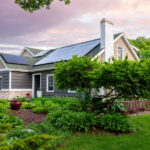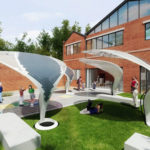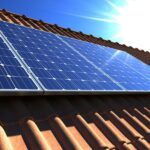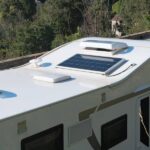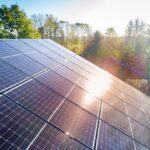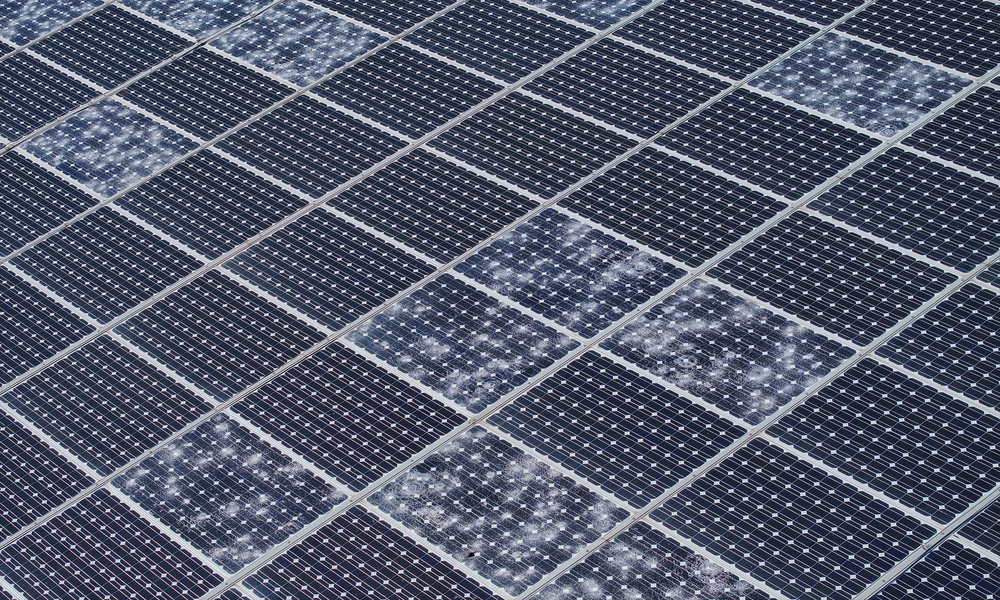
Solar panels are a reliable source of energy, but what should you do if they don’t perform as expected? A few different factors could be at play if you notice a lower energy output from your panels. Keep your sustainable home energy system running smoothly by understanding the reasons why your solar panels might not be working and how to address them.
Obstructions Blocking Sunlight
Solar power allows you to conserve energy in your home, but over time, obstructions can creep in and block sunlight, reducing your panels’ efficiency. Tree branches might grow taller, dirt might accumulate, or debris could settle on the surface.
Even something as simple as a thick layer of dust can mess up your panels’ ability to function. Regular cleaning with water and a soft cloth and pruning nearby trees can go a long way toward maximizing sunlight exposure.
Wiring or Connection Problems
Solar panels rely on properly installed wiring and connections to channel energy to your home or battery system. Therefore, energy output drops when these connections become loose or damaged.
Animals chewing on wires or weather-related wear and tear might be to blame. Thoroughly inspect the wiring, and have a professional take care of the repairs if you spot any frayed or disconnected components.
Incorrect Tilt or Angle
Placement is key when it comes to solar panel performance. Improperly angled panels might fail to capture enough sunlight throughout the day. Adjusting the tilt to align with your region’s latitude and the season can optimize the panels’ position and, in turn, their performance.
Use a solar tracker or manually reposition the panels as needed. A steeper angle can benefit those in areas with lower sun exposure, while flatter positions suit spots closer to the equator.
Faulty or Aging Components
Even the most durable systems have limits. Their energy production may drop if the panels are old or the inverter isn’t working correctly. The inverter, which converts solar energy into usable electricity, is one of the most common points of failure.
Keeping an eye out for error codes or unusual noises will help you notice a problem before it snowballs into a mess. Replace outdated parts to breathe new life into an aging system.
Extreme Weather Events
Heavy storms, hail, or severe windstorms might cause damage to solar panels or their mounting structure. Cracks in the panels or bent frames can block sunlight or even render the system inoperable.
After extreme weather, examine your system for any visible signs of wear or damage. Repairs or replacements may be necessary before the panels can function properly again.
Identifying the reasons why your solar panels might not be working is key to restoring their efficiency. Regular maintenance and quick attention to problems can help your panels work their best year-round, powering your home with clean and renewable energy.


